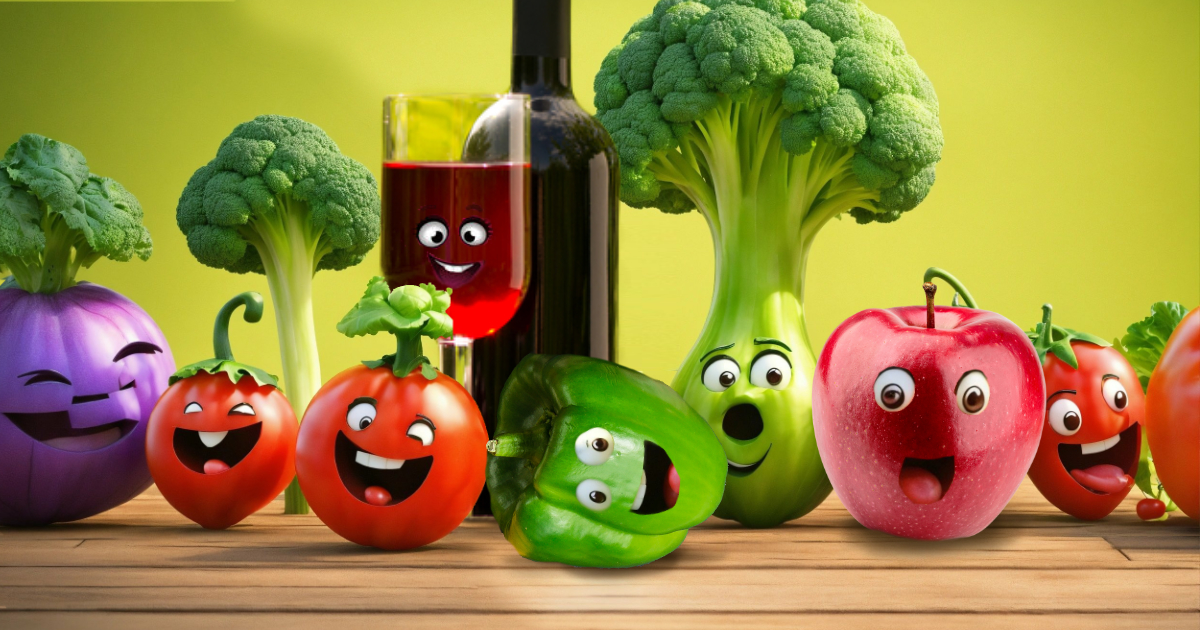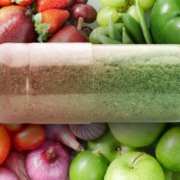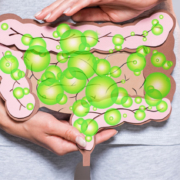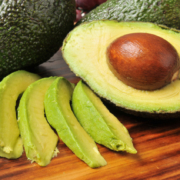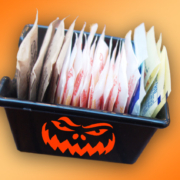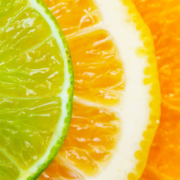Quercetin and Irritable Bowel
In the study I talked about on Saturday, the typical way of analyzing this data is to divide the group into segments by a specific variable and then compare the hazard ratios. In this case, the variable was quercetin and they chose to divide the subjects up by quartiles. During the follow-up time of nine years, there were 193 enterotomy events and 176 deaths. Compared with participants in the lowest quartile, those with irritable digestive conditions in the highest quartiles of quercetin intake were associated with a 54% lower risk of enterotomy and 47% decrease in all-cause mortality. In simpler terms, it cut the risk of a serious outcome by half. The relationship was the same regardless of the type of irritable bowel condition for both enterotomy and all-cause mortality with the exception of mortality of ulcerative colitis.
What does all this mean? There’s some type of positive relationship for people with serious digestive disorders who eat plant foods that contain quercetin. While interesting, this type of study doesn’t provide cause and effect—just a positive relationship. Stated simply, as people increase their quercetin-containing plant intake, the risk of having issues with serious outcomes from digestive disorders decreases. Quite correctly, the researchers recommend further research in clinical trials before the results can be confirmed.
The message: eat your vegetables and fruit. Here is a list of the top five vegetables and fruits containing quercetin. For vegetables:
- Hot peppers (but please, no Carolina Reaper or anything that strong)
- Broccoli and other cruciferous vegetables
- Red onions
- Herbs such as dill and cilantro
- Capers
For fruit:
- Apples
- Tomatoes
- Dark-skinned grapes
- Green tea
- Red wine if you drink alcohol
Maybe there is something to the old saying “an apple a day, keeps the doctor away.” If it keeps the heartburn away, that would do it for me.
You may think we’re done. Remember that Memo on making a single decision that has a long-term impact? I’ll tie that and this study together on Saturday.
What are you prepared to do today?
Dr. Chet
Reference: The Journal of Nutrition. 2024;154(6):1861-1868

